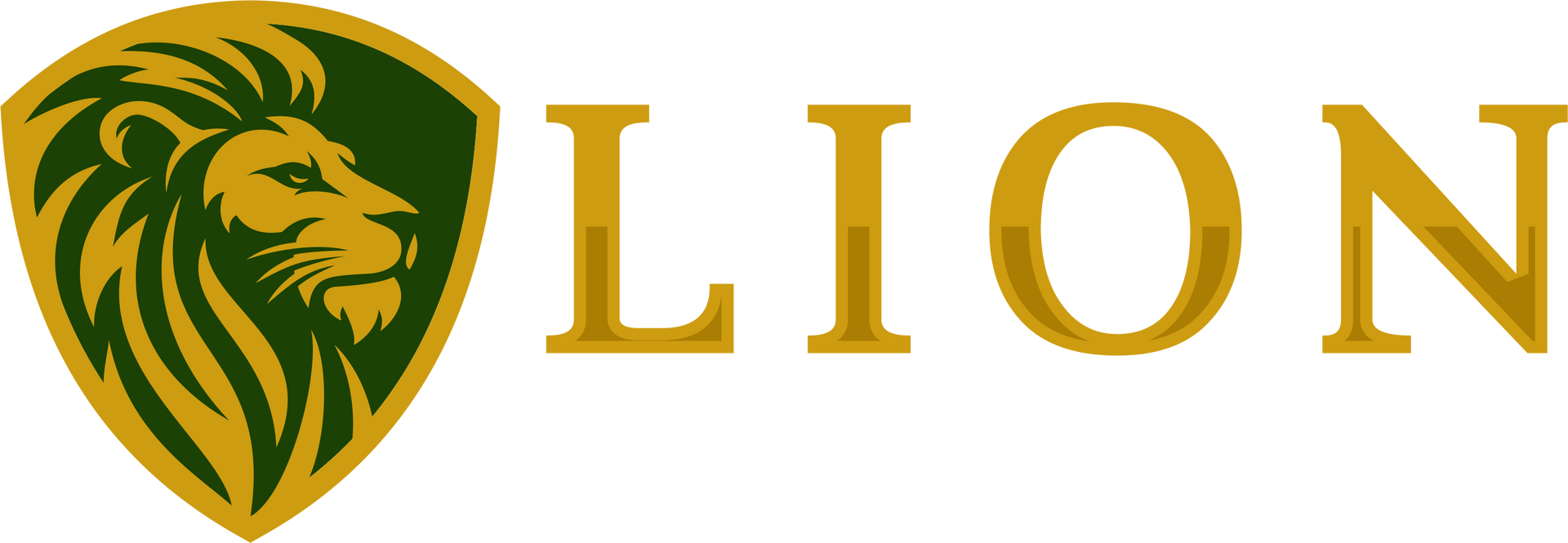Get in touch
555-555-5555
mymail@mailservice.com
Vetting Who You Work With After a Home Disaster: Contractors, Public Adjusters, and Other Key Professionals
A home disaster—whether caused by fire, flood, or storm—can overwhelm you. Beyond dealing with the physical and emotional toll, you also face critical decisions about who to trust to help restore your home and navigate insurance claims. The professionals you work with can significantly impact your recovery process. Here’s how to carefully vet contractors, public adjusters, and other key individuals to ensure you’re in the right hands.\
Why Vetting Matters
Unfortunately, the chaos following a disaster can attract unscrupulous individuals looking to take advantage of vulnerable homeowners. Whether it’s unlicensed contractors, pushy public adjusters, or other opportunists, making hasty decisions without proper research can lead to financial loss, substandard repairs, or unresolved insurance claims.
Taking the time to vet the professionals you work with helps protect your finances, home, and peace of mind.
Key Professionals to Vet
1. Contractors
Contractors will handle the restoration and rebuilding of your home, making it essential to choose someone trustworthy and skilled. Here’s what to look for:
- Licensing and Insurance: Verify that the contractor is licensed in your state and carries adequate insurance to cover any on-site accidents or damages.
- Experience: Ask if they have experience with disaster restoration work, as it often requires specialized knowledge.
- References: Request references from past clients and follow up on them. Look for reviews online to gauge their reputation.
- Detailed Contracts: Ensure the contractor provides a clear, written contract outlining the scope of work, timeline, and payment terms. Avoid anyone who asks for large upfront payments.
- Local Presence: Be cautious of “storm chasers” or out-of-town contractors who arrive after disasters and often disappear before completing the work.
2. Public Adjusters
Public adjusters advocate for you during the insurance claims process, helping you secure a fair settlement. Here’s how to vet them:
- Licensing and Certification: Confirm that the public adjuster is licensed in your state. You can often verify this through your state’s insurance department.
- Transparency: A reputable adjuster will explain their fee structure upfront (often a percentage of your settlement) and won’t pressure you to sign a contract.
- Specialization: Look for adjusters who specialize in your type of disaster (e.g., fire, flood, storm) and have experience handling claims of similar complexity.
- Professional Associations: Membership in organizations like the National Association of Public Insurance Adjusters (NAPIA) can signify professionalism and adherence to industry standards.
- No Pressure Tactics: Avoid anyone who tries to rush you into making a decision or promises unrealistic outcomes.
3. Insurance Professionals
In addition to public adjusters, you may need to work with your insurance company’s adjuster. While the insurer employs them, it’s important to communicate effectively:
- Document Everything: Keep records of all interactions with the insurance adjuster, including emails, calls, and written communications.
- Ask Questions: Don’t hesitate to ask for clarification about your policy or the adjuster’s findings.
- Stay Firm: If you disagree with their assessment, consider bringing in a public adjuster or a third-party appraiser for an unbiased evaluation.
4. Water, Mold, or Fire Remediation Specialists
If your home requires immediate mitigation to prevent further damage, such as water extraction, mold remediation, or smoke odor removal, vetting these specialists is critical:
- Certification: Look for certifications from organizations like the Institute of Inspection, Cleaning, and Restoration Certification (IICRC).
- Response Time: Choose a company that can respond quickly to prevent further damage.
- Clear Estimates: Get a detailed estimate before work begins and confirm they will document all work for your insurance claim.
Tips for Vetting Any Professional
- Check Reviews and Ratings: Use online platforms like Google, Yelp, and Better Business Bureau (BBB) to research reviews and ratings.
- Ask for Recommendations: Neighbors, friends, or local community groups can be a great resource for trustworthy referrals.
- Beware of Red Flags: Avoid anyone who:
- Refuses to provide licensing or insurance information.
- Pressures you to sign a contract immediately.
- Demands cash payments or large upfront fees.
- Fails to provide references or a written estimate.
Building a Team You Can Trust
Recovering from a home disaster is a team effort. Surrounding yourself with reliable, experienced professionals will make the process smoother and ensure your home is restored properly. Here’s a quick checklist of key steps:
- Do Your Homework: Research each professional thoroughly before hiring.
- Ask Questions: Don’t be afraid to ask about their qualifications, experience, and process.
- Stay Involved: While it’s important to delegate, staying informed about progress and decisions will help you feel more confident.
- Document Everything: Keep detailed records of all work, conversations, and expenses.
Conclusion
Choosing the right professionals after a home disaster is one of the most important decisions you’ll make during recovery. By vetting contractors, public adjusters, and other key individuals, you can protect yourself from scams, ensure quality work, and maximize your insurance settlement. With a trustworthy team, you can focus on what matters most: rebuilding your home and moving forward.

Unsure if you need a Public Adjuster?
Reach out to us today for a no-obligation, free consultation. At Lion Public Adjusting, we believe in empowering you to make informed decisions about your insurance claim. Let us help you regain control, understand your options, and secure the fair settlement you deserve.
